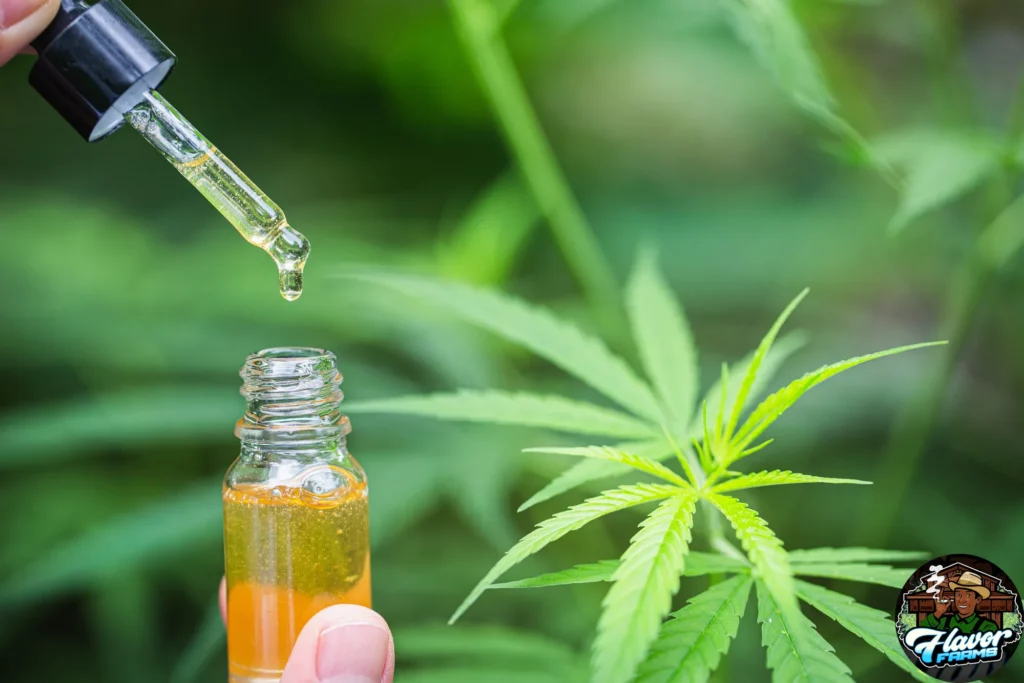CBD vs. THC Exploring Similarities & Differences
CBD vs. THC Exploring Similarities & Differences
CBD vs. THC Exploring Similarities & Differences
CBD (cannabidiol) and THC (tetrahydrocannabinol) are the prominent cannabis products, both have different effects and positive benefits. In this blog, we’ll embark on a journey to unravel the differences and explore the intriguing similarities between these two compounds, shedding light on their distinct roles in the cannabis plant.
CBD and THC: The Basics
Before diving into the distinctions, it’s essential to understand the fundamental characteristics of CBD and THC. We’ll explore their chemical structures, sources, and how they interact with the endocannabinoid system.
Distinguishing Features: CBD vs. THC
- Psychoactivity: THC is renowned for its psychoactive effects, producing the traditional “high” associated with cannabis. In contrast, CBD is non-psychoactive, meaning it doesn’t induce the euphoric sensations typically linked to THC.
- Source and Extraction: CBD is commonly extracted from industrial hemp, while THC is primarily found in marijuana. We’ll delve into the plant sources and extraction methods that distinguish these cannabinoids.
- Interaction with CB1 Receptors: THC binds directly to CB1 receptors in the central nervous system, contributing to its psychoactive effects. CBD, on the other hand, has a more complex interaction with these receptors, producing different effects.
- Anti-Inflammatory Properties: Both CBD and THC are recognized for their potential anti-inflammatory properties, making them subjects of interest in conditions involving inflammation.
- Pain Management: Both cannabinoids have been associated with pain-relieving effects. We’ll explore how they may offer relief for individuals dealing with chronic pain.
- Anxiety and Stress: While THC’s impact on anxiety is complex, some users report stress-relief effects. CBD, too, has gained attention for its potential anxiolytic properties.
- The Entourage Effect: The entourage effect is a term used to describe the synergistic interaction of various compounds found in the cannabis plant, particularly cannabinoids and terpenes, that work together to produce a collective therapeutic or physiological effect. This concept suggests that the combined effect of multiple cannabis compounds is greater than the sum of their individual effects when used in isolation.
Cannabinoids
- Tetrahydrocannabinol (THC): The psychoactive compound responsible for the euphoric “high” associated with cannabis.
- Cannabidiol (CBD): A non-psychoactive compound known for its potential therapeutic properties, including anti-inflammatory and anti-anxiety effects.
- Cannabinol (CBN), Cannabigerol (CBG), and others: Various cannabinoids each with unique properties and potential therapeutic effects.
Terpenes
Terpenes are aromatic compounds found in many plants, including cannabis. They contribute to the plant’s aroma and can have various physiological effects.
- Myrcene: Thought to enhance the sedative effects of THC and contribute to the “couch-lock” experience.
- Limonene: Associated with potential anti-anxiety and mood-enhancing effects.
- Pinene: Suggested to have anti-inflammatory and bronchodilator properties.
The entourage effect suggests that the presence of a full spectrum of cannabinoids and terpenes in a cannabis product may enhance the therapeutic effects while mitigating potential adverse effects. For example, the presence of CBD alongside THC may reduce the intensity of THC’s psychoactive effects, providing a more balanced experience.
It’s important to note that the entourage effect is a theoretical concept, and scientific research is ongoing to understand the complexities of the interactions between different cannabis compounds. However, many individuals and some researchers believe that the entourage effect highlights the importance of consuming whole-plant or full-spectrum cannabis products to maximize the potential benefits of the plant’s diverse chemical compounds.
Choosing Between CBD and THC:
As users navigate the decision between CBD and THC, personal considerations come into play. Understanding the factors such as intended effects, individual tolerance, and the importance of knowing your preferences is key when choosing the right products.

